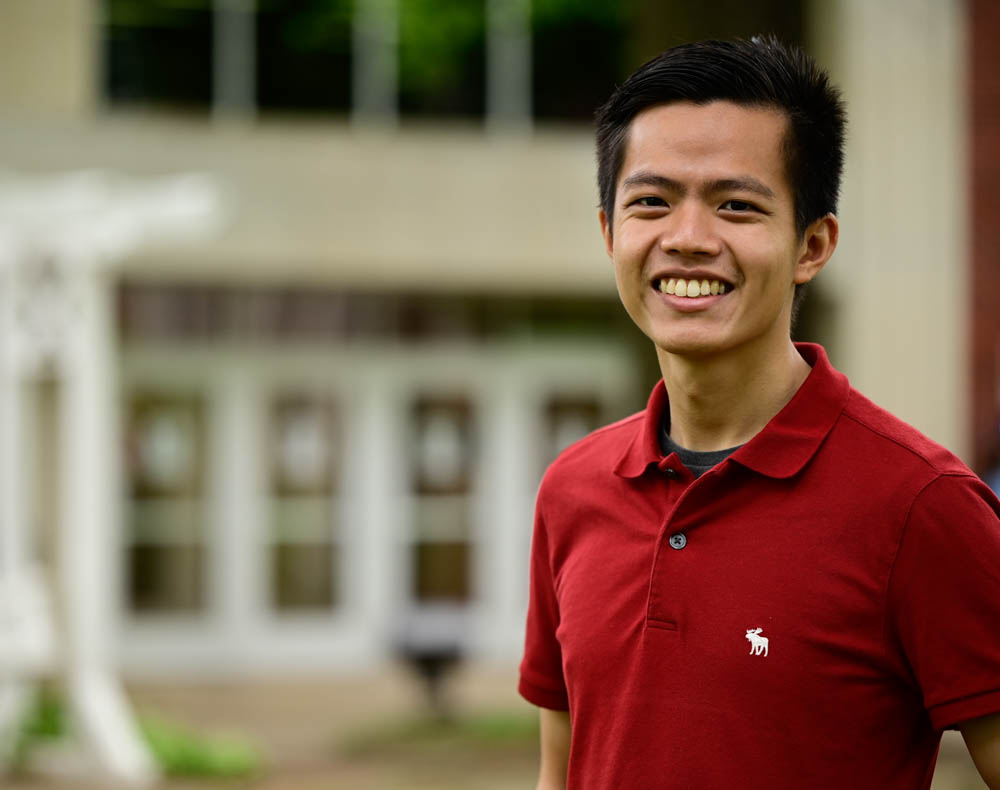
John Lim, interdisciplinary studies May 2021 graduate, dove deeper into his studies through his involvement with the Honors College.
John became a member of the Honors College after being selected as a Trustee Scholar prior to his freshman year. When he arrived at Harding, he began taking honors classes, later deciding to work toward graduating as an Honors College Graduate with Distinction, which required him to complete honors contracts and an honors capstone. John said these opportunities allowed him to go beyond the normal classwork of his classes to explore more complex topics.
“I was really grateful that through the Honors College, I have an opportunity to kind of go beyond the syllabus and to tackle something that is right up my alley,” John said. “The syllabus that is being taught is taught through the lens of the professor and his area of expertise, and also trying to cater it to students so that the majority of students can receive the maximum amount of information. But for me, I want to do more.”
John used that drive to complete and present the Honors College’s first honors thesis, a new, more in-depth version of the honors capstone. John said his thesis, “Hybridized Spirituality in Singaporean Christians,” came about through conversations with Bible department faculty and was further fostered by his advisors, Dr. James Huff, Honors College faculty fellow, and Dr. Jon Singleton, associate professor of English.
“[Huff] taught me about the qualitative method, how to do interviews, and a lot of the administrative technical details,” John said. “[Singleton] was a springboard for me to bounce ideas off of and to refine the thought process. He was the one who came up with the word “hybridized” as the anchor concept for the whole project.”
John presented his thesis at the Alpha Chi National Convention and received the Clark Youngblood Prize in Philosophy and World Religions, the highest award for presentations in his field.
After graduation, John plans to return to Singapore to conduct ministry in his home country. He said his thesis and other things he learned through honors classes and contracts allowed him to better understand how to minister in a meaningful, Singaporean way.
“It's really hybridized already,” John said. “It's not like one culture comes in and dominates the other or vice versa. It's that two cultures or multiple cultures have integrated in, have interacted, have played with each other to the extent that the result is something like a third culture. It's neither Singapore, and it's also not Western. It's also not like Christian, plain and simple. It is its own unique Singaporean Christianity that is its own unique thing.”